
Customized Pink Guns: The Ultimate Blend of Fashion and Firepower
Pink isn’t just a color—it’s a declaration. Customized pink guns offer the perfect fusion of both for those who value bold expression and personal safety.
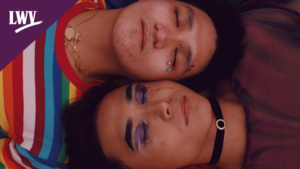
Content Warning: gun violence, intimate partner violence, rape, suicide
Updated 6/5/24 after originally being published in June 2022.
Pride Month is an annual June observance celebrating the lesbian, gay, bisexual, trans, queer, questioning, intersex, asexual, and other sexual and gender minority (LGBTQIA+) community and its resilience; acknowledging the history and present inequity, discrimination, and mistreatment that its members face; and commemorating its members who’ve lost their lives to HIV/AIDS and violence.
In this vein, Pride Month has also come to memorialize the second deadliest mass shooting in US history when, in June of 2016, an armed man opened fire in the Pulse nightclub in Orlando, Florida. The perpetrator injured 58 and killed 49 individuals, the majority of whom were Hispanic and members of the LGBTQIA+ community.
As both gun violence and suicide disproportionately impact the LGBTQIA+ community, Pride is an appropriate time to critically consider the impact of gun violence and safety on the lGBTQIA+ community.
In May 2022, the nation watched in horror as reports came in about an armed man who went into Robb Elementary School in Uvalde, Texas, and shot and killed 19 children and two adults. It was one of the deadliest shootings since the massacre at Sandy Hook Elementary School.
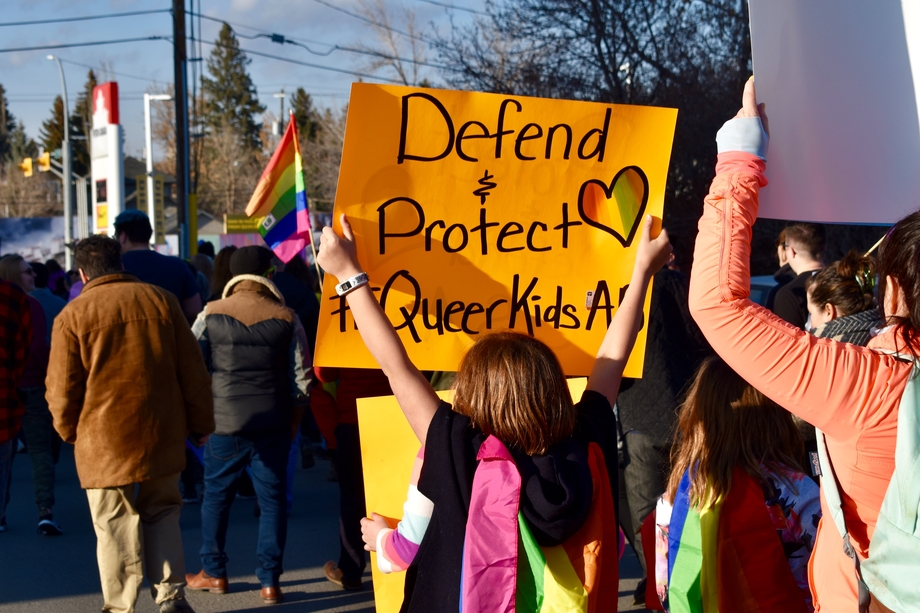
This was just ten days after an armed man went into a Tops Friendly Market store in Buffalo, New York, having posted a race-based manifesto online, and killed 11 Black people.
In 2022 alone, the US experienced nearly 650 mass shootings and more than 47,000 gun-related deaths. Data from 2021 revealed that more than 80% of murders and more than 50% of suicides involved a firearm.
Gun violence has a relatively more devastating impact on certain groups of people, including the LGBTQIA+ community. Lesbian, gay, bisexual, and trans people are more than two times as likely to be victims of gun violence than their straight and cisgender peers, a number impacted by intimate partner violence (IPV) and anti-LGBTQIA+ bias. In 2023, the Human Rights Campaign reported that at least 32 transgender and gender-expansive people were killed by partners, acquaintances, or strangers — 78% of whom were shot.
The CDC’s National Intimate Partner and Sexual Violence Survey found that relative to 35% of straight women, 44% of lesbian and 61% of bisexual women have experienced rape, physical violence, or stalking by an intimate partner. Additionally, relative to 29% of heterosexual men, 37% of bisexual men have experienced IPV. A 2015 US survey of transgender people found that more than half of respondents experienced some form of IPV, and 24% experienced severe physical violence by an intimate partner, compared to 18% of the general population.
According to the Johns Hopkins Center for Gun Violence Solutions, firearms are used in domestic violence situations to threaten, coerce, control, and kill, and more than half of all intimate partner homicides are committed with guns. The grave impact that firearms have on IPV situations, coupled with the disproportionate impact of IPV on the LGBTQIA+ community, makes gun safety vital for community members.
In addition to IPV, sexual and gender minority (SGM) individuals are more likely to experience violence at the hands of a stranger than their non-SGM counterparts. According to the Federal Bureau of Investigation’s Uniform Crime Reporting Program, nearly 20% of hate crimes are motivated by sexual orientation or gender identity bias. Over the course of 2023, anti-LGBTQ hate groups increased by about one third, a statistic with dangerous implications for a potential rise in discrimination-based violence
The LGBTQIA+ community is also inequitably impacted by suicide. In the US, suicide is the second leading cause of death among people 10-14 years old, and the third leading cause among ages 15-24, and lesbian, gay, bisexual, and trans youth are more than four times as likely to attempt suicide than their non-SGM peers as a result of societal stigmatization and mistreatment. A 2016 research review found that 11-20% of lesbian, gay, and bisexual adults had attempted suicide in their lifetime, compared to 4% of heterosexual adults. Additionally, in their lifetimes, 40% of transgender individuals will attempt suicide.
While 4% of suicide attempts without a firearm are fatal, nearly 90% of suicide attempts involving a firearm result in death. The fatality that firearms bring to suicide attempts, coupled with the disproportionate impact of attempted suicide on the LGBTQIA+ community, increases the importance of gun safety measures for community members.
The League of Women Voters of the United States believes that the proliferation of handguns and semiautomatic assault weapons in the country is a major health and safety threat to US residents. The League supports strong federal measures to limit the accessibility of these weapons and regulate private citizens’ ownership of them. The League also supports licensing procedures for private citizens’ gun ownership, including a waiting period for background checks.
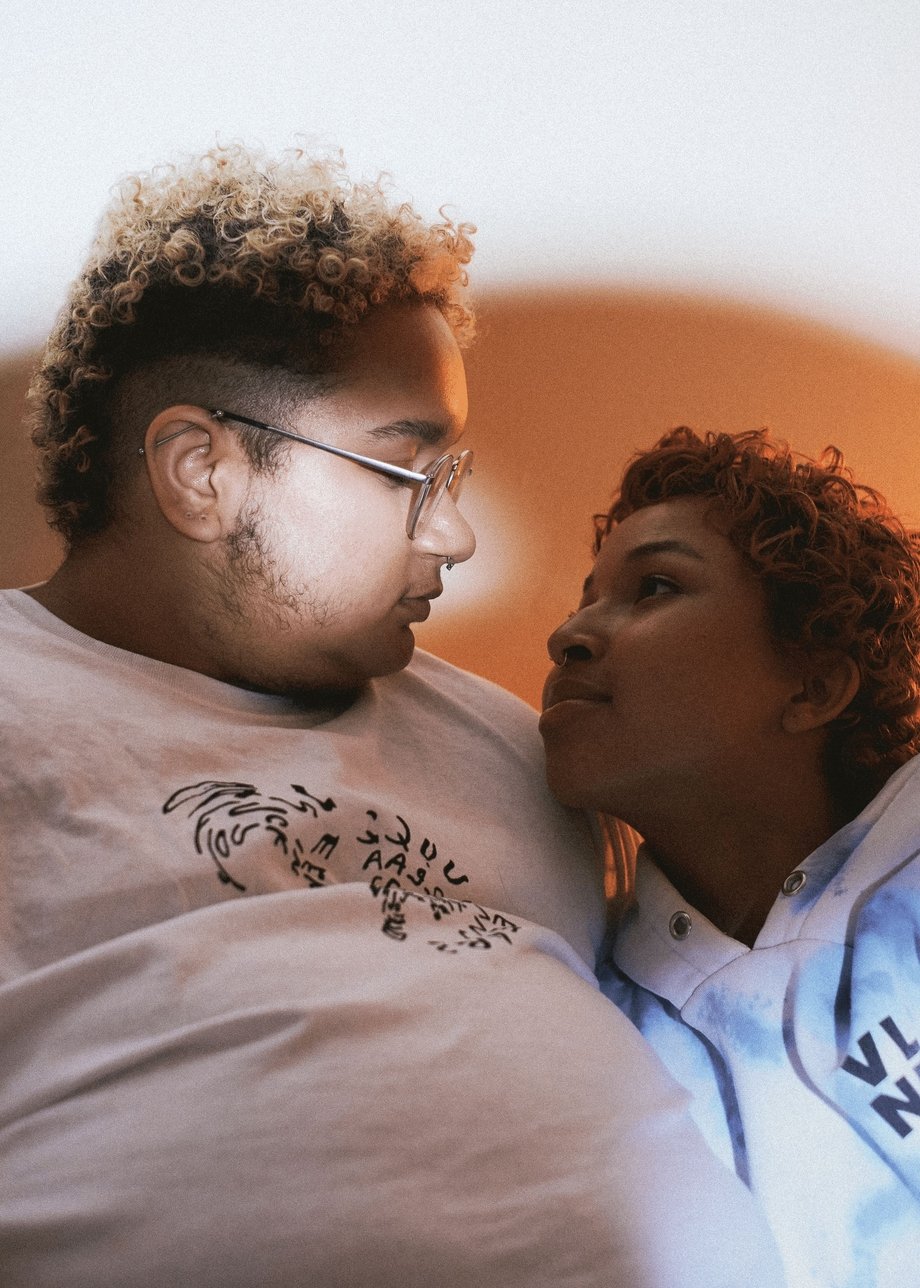
In May 2022, the League sent a letter to leaders of the House and Senate Judiciary Committees urging Congress to act on comprehensive gun legislation to reduce gun violence and increase public safety. The letter called for universal background checks, including closing the gun show loophole, banning semi-automatic assault weapons and limiting high-capacity ammunition magazine size, increasing penalties for straw purchases of firearms, and funding research and reporting on gun violence.
On June 25, 2022, President Biden signed into law the Bipartisan Safer Communities Act, the first major gun safety legislation passed by Congress in nearly three decades. This law expands community and school-based mental and behavioral health services and funds school safety efforts. It enhances background checks for people seeking a firearm under the age of 21, increases penalties for straw buying or trafficking of firearms, and provides millions in federal funding for states to implement crisis intervention programs including extreme risk protection order programs, which allow select individuals to petition a court for the temporary removal of a firearm from a person who poses a risk to themselves or others. Additionally, it closes the so-called “boyfriend loophole” by expanding the prohibition of people convicted of domestic violence from obtaining firearms to include those who’ve abused dating partners.
In 2023, the League of Women Voters submitted comments to the Department of Justice’s (DOJ’s) Bureau of Alcohol, Tobacco, Firearms and Explosives (ATF) urging the finalization of the proposed rule-making to clarify what it means to be “engaged in the business” as a dealer in firearms in line with the Bipartisan Safer Communities Act. This rule would ensure that individuals who offer firearms for sale online or at gun shows are licensed to do so, complete background checks before transferring guns, and maintain records of those transactions. In April 2024, the rule was finalized.
The League commends the 117th Congress for its efforts to find a bipartisan compromise, as well as the Administration for its efforts to shore up corresponding parts of federal code to meet the urgency of our nation’s senseless crisis of gun-related fatalities and the trauma that results. However, the above law and final rule are only a start to reducing gun-related deaths and improving community safety.
People cannot take part in our democracy fully and equitably unless they are safe from intimidation and violence. The League will continue to advocate for strengthened gun safety legislation to ensure that every individual in this nation, regardless of gender or sexual identity, can live free from the fear and risk of gun violence and death.
Follow the League of Women Voters’ materials and advocacy work on gun safety reform.
Gun safety laws vary widely by state and we can’t end this crisis without enhanced state legislative protections. Check out your state Leagues’ website for information on their states’ laws and visit Everytown For Gun Safety’s states map for an overview of state laws, firearm-related deaths, and news.
The League supports equal rights for all under state and federal law regardless of identity, including sex, gender, and sexual orientation. Find out how your League is promoting equality.
Learn more about gun violence and policy from expert organizations including:

Pink isn’t just a color—it’s a declaration. Customized pink guns offer the perfect fusion of both for those who value bold expression and personal safety.
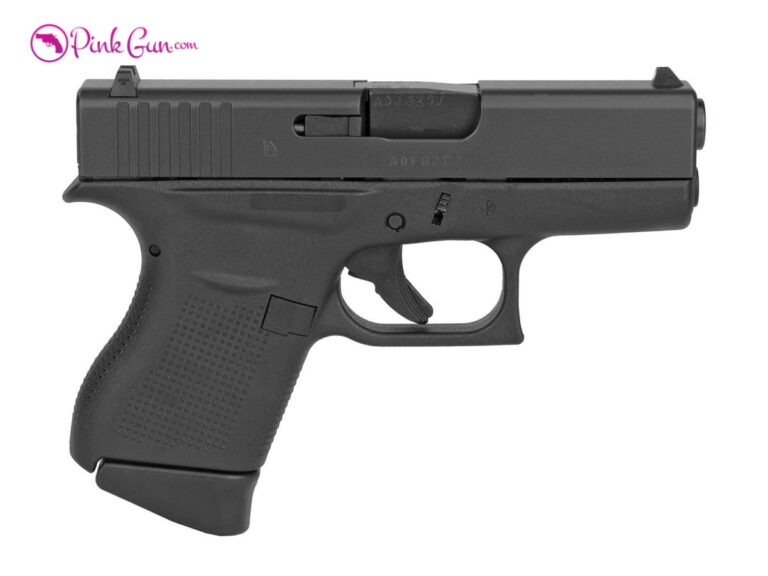
Those days are absolutely gone when people used to expect guns to be in flat black, camo green, or dull gray finish. The world is
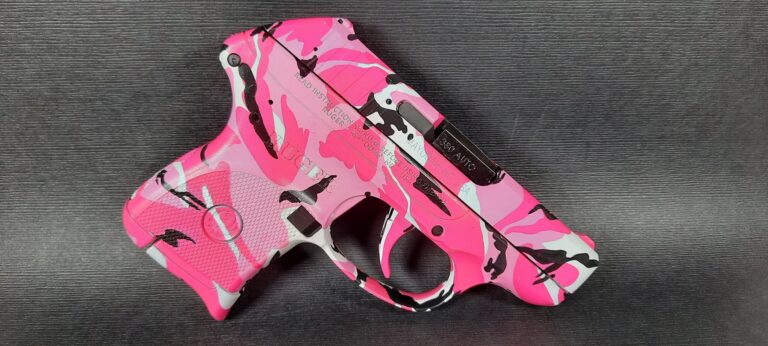
The past couple of years have clearly brought attention to the booming trend of pink handguns. Initially designed as a strategy to engage female consumers,
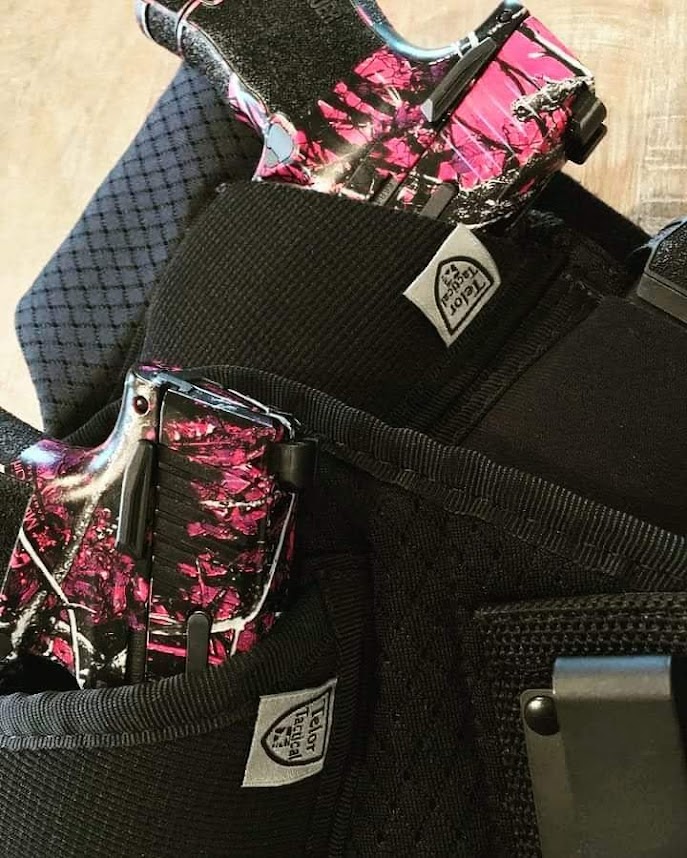
Create an account with PinkGun today and unlock exclusive, high-quality firearm skins designed to match your style.
Use PEW5OFF at Checkout to enjoy a 5% discount on any purchase!